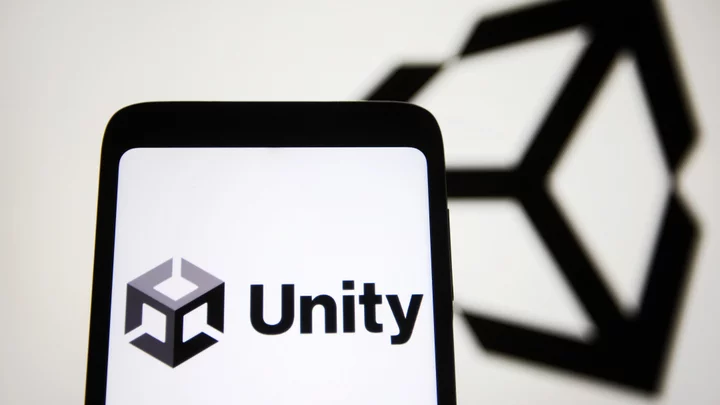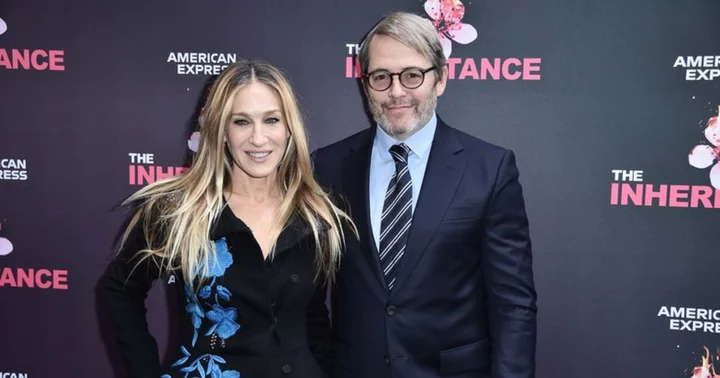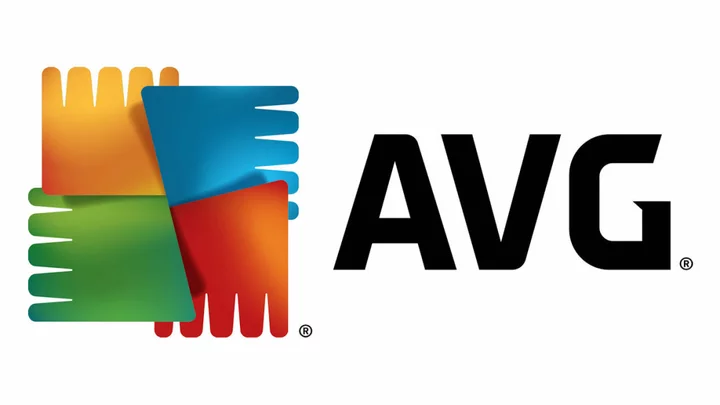UPDATE: Unity issued another apology today for its Runtime Fee debacle, and outlined the changes it will make to the policy.
"We should have spoken with more of you and we should have incorporated more of your feedback before announcing our new Runtime Fee policy," says Marc Whitten, who leads Unity Create, which includes the Unity engine and editor teams.
Going forward, the Unity Personal plan will still be free and games built on it won't be subject to runtime fees. It will raise the eligibility cap for Unity Personal from $100,000 in revenue or funds raised to $200,000. Developers also won't have to use the Made with Unity splash screen.
"No game with less than $1 million in trailing 12-month revenue will be subject to the fee," it says.
For those on Unity Pro and Unity Enterprise, the runtime fee will only kick in with the next long-term support (LTS) version of Unity, which is currently scheduled for 2024. "Your games that are currently shipped and the projects you are currently working on will not be included – unless you choose to upgrade them to this new version of Unity," it says.
Those with games that do end up subject to Unity's runtime fee will pay either a 2.5% revenue share or the calculated amount based on the number of new people engaging with a game each month. "You will always be billed the lesser amount," Unity says.
Original Story 9/18:
Last week, Unity announced it would be charging developers a per-install fee for using its game engine. Amidst backlash, however, Unity has apologized and promised "changes to the policy."
In a Sunday tweet, Unity said: "We have heard you. We apologize for the confusion and angst the runtime fee policy we announced on Tuesday caused." It promised "an update in a couple of days."
Last week, the company said that once certain revenue and install thresholds were reached, every install of a video game developed with Unity would incur a "Runtime Fee," as outlined in this chart:
(Credit: Unity)"We believe that an initial install-based fee allows creators to keep the ongoing financial gains from player engagement, unlike a revenue share," Unity said at the time.
As Engadget notes, developers were quick to register their displeasure. Meta Crit, the creator of Slay the Spire said a "retroactive pricing structure [is] a violation of trust." It pledged to migrate to a different engine, despite the work it had already done on Slay the Spire, unless Unity reversed course. "We have never made a public statement before. That is how badly you fucked up," Meta Crit concluded.
According to Bloomberg, Unity is considering a fee limit of 4% of a game's revenue for customers making over $1 million. CEO John Riccitiello reportedly said during an all-hands meeting that 90% of Unity users won’t be affected by these changes.
Unity apparently didn't learn anything from the Reddit kerfuffle. There, the social network tried to clamp down on AI tools scraping Reddit content by charging a fee for access to its API. That didn't go over well with legacy Reddit clients, like Apollo, which was forced to shut down over a potential $20 million yearly bill. Rather than backtrack, though, Reddit's CEO doubled down.
It remains to be seen whether Unity’s U-turn will be enough to keep its developers on board.









